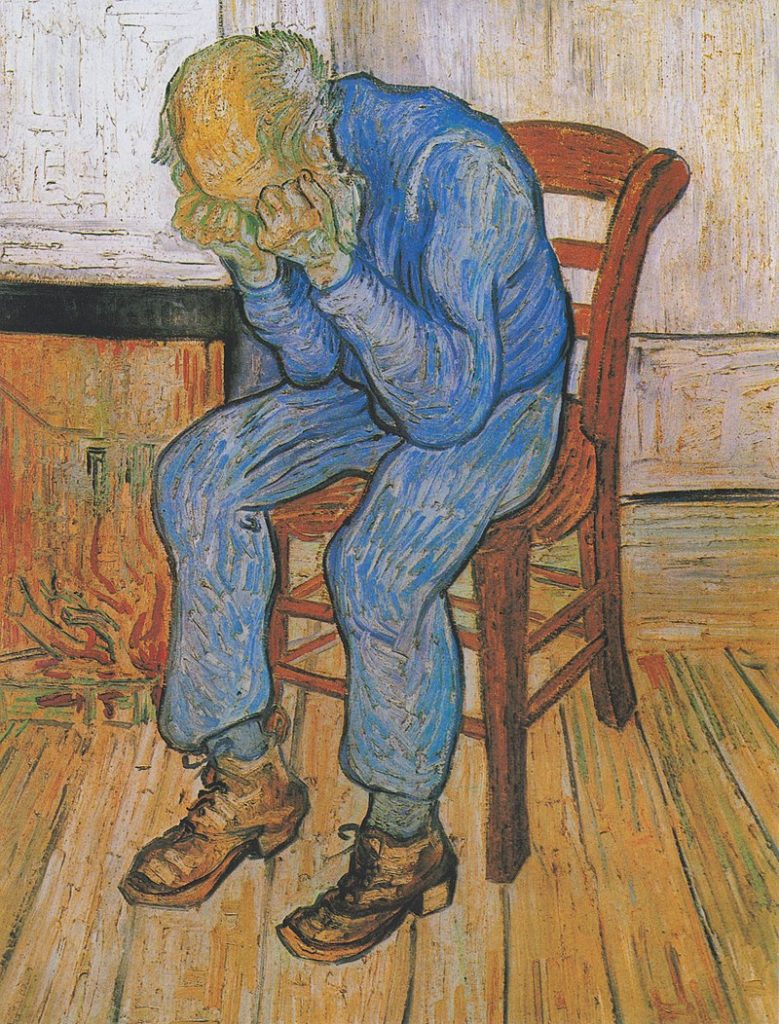The most recent poll conducted by the Levada Center, Russia’s foremost independent polling institution, following Yevgeny Prigozhin’s incursion into Moscow, leaves no room for doubt: 82 percent of Russians continue to express support for Putin.
While not questioning the absolute precision of these surveys or their methodologies, it becomes challenging not to ponder their proportionality and, consequently, their credibility. This contemplation is especially pertinent when considered against the backdrop of the events that transpired in Rostov-on-Don during the revolt of the Wagner units.
On Saturday, June 24, a group of mercenaries led by Yevgeny Prigozhin occupied Rostov-on-Don. They encountered no opposition, and no organized resistance materialized. In the heart of this city, which boasts a population of over a million, heavily-armed “green men” patrolled the streets, while armored vehicles roamed freely.
Initially surprised and frightened residents gradually engaged in tentative conversations with the uniformed intruders, inquiring about the circumstances surrounding this extraordinary situation. Over time, even children approached the intruders. Within a span of one or two hours, the once apprehensive residents were taking selfies with the mercenaries. Soon, a gathering crowd spontaneously erupted in chants of “Wagner! Wagner!” Notably, what struck the ordinary populace the most was the conspicuous absence of the police from the city streets.
The Russian people’s disdain for the police, as eloquently depicted in Peter Pomerantsev’s remarkable work “Nothing Is True and Everything Is Possible: The Surreal Heart of the New Russia,” is a sentiment so profound that, at the mere sight of a pedestrian police patrol, Russians habitually cross the street.
It is an extraordinary rarity to witness a Russian officer being approached with a question, a plea for assistance, or any form of guidance. The Russian police’s activities are largely centered around soliciting bribes for actual or, more frequently, fabricated transgressions. Consequently, Russians consciously avoid encounters with their “law enforcement officers.” Thus, the absence of the police from Rostov’s streets unexpectedly bestowed residents with a fleeting moment of liberation, akin to an impromptu carnival lasting several hours.
A pivotal question arises: Did the inhabitants of Rostov realize what in fact was the reason behind the Wagnerites’ presence in their city and their primary objectives (even if they were eventually abandoned)? This is extremely important, as Prigozhin’s insurrection presented both him and his mercenaries as heroes in Russian propaganda up until that point.
It is unsurprising then, that the general populace initially did not exhibit hostility towards them. Logically, this attitude should have swiftly transformed as the city’s inhabitants recognized the true nature of their interlopers (especially considering the purportedly robust level of support for authorities among Russians, consistently exceeding 80 percent since the commencement of the “special operations”). Numerous accounts testify that the residents were indeed aware of the unfolding situation.
When questioned by the BBC, one resident candidly stated that a sense of euphoria had swept through the city, fostering sudden hope for change. Following the Wagnerites’ departure and the cessation of this implausible spectacle, a profound sense of disappointment pervaded the population. Independently interviewed a mercenary who participated in seizing Rostov disclosed that a civilian group or procession, potentially bound for Moscow, spontaneously rallied behind the Wagnerite forces. The veracity of this assertion remains uncertain.
Hence, how does the reaction of Rostov’s many inhabitants correlate with the outcomes of surveys conducted by a courageous and independent research institute (incidentally, on September 5, 2022, the Russian Ministry of Justice designated the Yuri Levada Center as a foreign agent)? Does unconditional support for Putin genuinely resonate among Russians? Does he still enjoy unwavering popularity? It seems very doubtful.
This skepticism is shared by prominent American historian Timothy Snyder, a long-time observer of Russia’s landscape.In his view, Putin’s popularity is less substantial than polls suggest. These public opinion surveys invariably transpire in an environment where his authority is deemed inevitable, and any response deemed inappropriate (even within an independent setting) carries substantial perceived risk for respondents.
Although not a novel diagnosis, in the light of the events in Rostov it seems to be gaining more and more ground. Even in democratic countries, polls tend to exaggerate support for those in power, let alone within a population subjected to decades of indoctrination and a ceaseless deluge of propaganda, a circumstance that inevitably prompts the development of unconditional self-preservation instincts.
There is one more issue that is rarely raised in this context. During the attempted coup in Turkey in 2016, President Recep Tayyip Erdoğan was principally rescued from the precipice of power loss by the public’s resolute intervention. Masses poured into the streets, undertaking the disarming of soldiers. Remarkably, the police did not recede from public spaces; rather, they apprehended the coup plotters, even confronting an armed military. In contrast, no such actions occurred in Russia. No protests materialized to defend authority and no endeavors were undertaken to disarm the Wagnerites, risking one’s life for Vladimir Vladimirovich Putin.
Apart from the behavior of Rostov’s many residents, who chanted praises for the Wagnerites, a prevailing sense of apathy seems to have enveloped the majority of Russians. For them, the identity of the gangster set to govern their nation – whether Putin, Prigozhin, Girkin, or another – seems inconsequential. An impending shift in this inertia appears unlikely. Therefore, it is these individuals, and not Putin’s ardent supporters, who seemingly constitute the purported 82 percent.
The article was originally published in Polish at: https://liberte.pl/82-procent-rosjan-pograzonych-w-apatii/
Translated by Natalia Banaś
Continue exploring:
Poland’s Best Interest Is to Support Kyiv in the Fight against Russia



